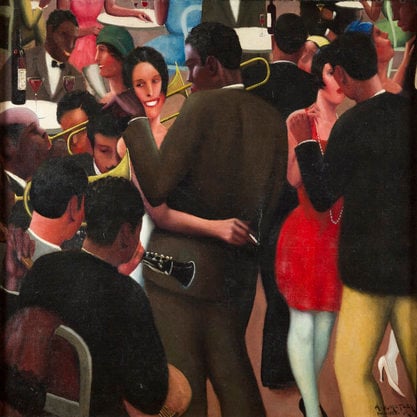Article
Rilke, Rainer Maria (1875–1926) By Schreurs, Bert
Article
Rilke was a preeminent German-speaking poet of the beginning of the twentieth century. His early poetical works were still conventional and bathed in neoromantic sentimentality. In Das Stundenbuch (The Book of Hours, 1899–1903) he found his own voice, praising a pantheistic god as the immanent principle of life in all things. Under the influence of the sculptor Rodin and the painter Cézanne he wrote Neue Gedichte (New Poems, 1902–07), his so-called “thing poems,” in which he tried to view the essence of a thing, turning it into a symbol for an unknown inner reality. His disturbing experience of human misery in Paris was reflected in Die Aufzeichnungen des Malte Laurids Brigge (The Notebooks of Malte Laurids Brigge, 1904–10). After completing this novel, which took the form of a diary, he fell into a deep crisis, as he came to doubt whether at all the poetic word could disclose reality. Regaining that belief, Rilke in later years tried to preserve the lyrical expressiveness of poetry and the visible forms of things, for example in his Duineser Elegien (Duino Elegies, 1912–22), in which he addressed a numinous angel as a symbol for the ineffable. In his final works, which include Die Sonette an Orpheus (The Sonnets to Orpheus, 1922) he tried to spiritualize the world through the poetic word.


